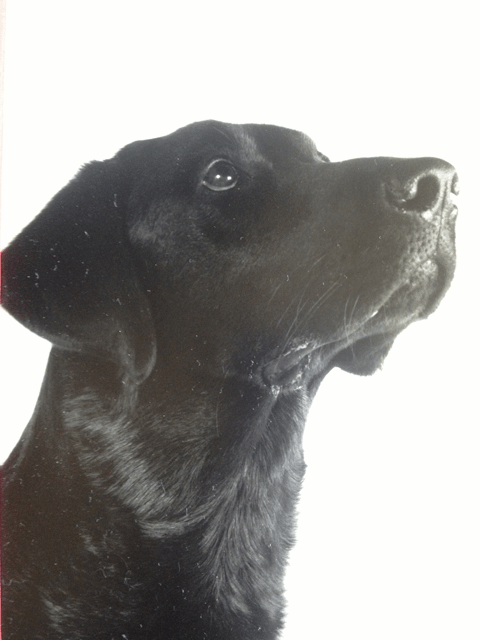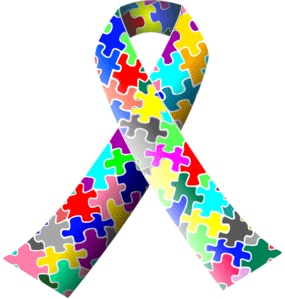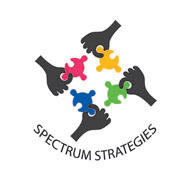Programs
Spectrum Siblings Support Group
 |
The siblings of kids with Autism have the longest-lasting relationship with them - one that can easily exceed 65 years. Many have feelings that are difficult to express, even to a friend: sadness that a brother can't learn things that others take for granted; anger when a sister's behavior prevents the family from doing things other families do; resentment about increased responsibilities and excessive demands; isolation from parents' attention; pressure to achieve and to marginalize their own needs; loneliness; embarrassment, guilt and shame; and also a special pride when their sibling with Autism learns a basic but important life skill after months or years of practice. Few siblings of kids with Autism have a chance to talk about their concerns with others who "get it" - until now. At Spectrum Siblings, they can gain education and information; and share these feelings with others who truly understand in a fun, recreational setting. |
Program:
In cooperation with trained and experienced mental health professionals, we offer 8-week sessions for siblings (8-12 year olds; and 13-16 year olds) of children with Autism to meet in small support groups of 8-12 participants for 90 minutes each week. The sessions consist of structured play activities and discussion specifically designed for the participants (we draw from Don Meyer's SibShops curriculum). The group meets in or near Walnut Creek on Saturdays 3:00-4:30pm.
If you know (or if you are) a family with an autism sibling (aged 8-16) who is interested and available to participate in the siblings program, please contact us with the following information:
*Participant's name, Date of Birth, and name and DOB of sibling with Autism; number of other children in the household.
*Name and contact information (telephone, email, home address) of parents or guardian of the participant, emergency contact information.
*Any additional information you would like to share.
Spectrum support buddy
 |
The experience of parenting children with Autism can be lonely and isolating. Your other friends try to understand, but they can't. Our Spectrum Support Buddy program matches parents of kids with Autism with other similarly situated (peer or mentor) parents who "get it." Having a dedicated Buddy who you can call and/or meet for coffee to talk, share experiences, swap resources, etc. can mitigate the loneliness, isolation and stress. If you would like to be matched with a Buddy, contact us with your geographic preference (for example: "within 10 miles of downtown Berkeley") and a few other particulars, such as: introducing yourself and your general family situation; do you have a preference for a match with another mother or a father? Do you have a preference as to how old their kid(s) with Autism are (in other words, are you seeking a peer, or a mentor who has been through the phase of life you and your children are in now)? Please also include any other preferences / parameters you care to specify. |
"Bravo" Dog Placement Program
 |
Named in memory of the Founder and Executive Director's beloved dog, Bravo, a rescue Labrador who had at one time been at a shelter with a short 5-day euthanasia policy, the "Bravo" program partners with well established animal shelters and dog trainers to identify, match and fund training for dogs to be placed with families with children with Autism. The trend of dogs placed with families with children with Autism reveals that these dogs have an overall therapeutic impact on the entire family, reducing the high level of stress and anxiety in these families, and promoting bonding. This program is not funded. |
Goal:
Once funded, we seek to match a qualified family with a canine PAL ("Pet At Large," a moniker coined by a devoted Spectrum Strategies supporter). Research shows that the right dog can promote physical, emotional and psychological benefits for the entire family, providing support and companionship, tactile interactions, and unconditional affection.* To be clear about the role of a dog matched by Spectrum Strategies: it is your family PAL; it is NOT a Service dog and it is NOT a Therapy dog, which are separate and distinct legal classifications of canine companions. A $45 application fee applies to this program which also serves as a tax deductable donation.
A long-term study** of dogs and children with autism reported:
• "Highly significant increase in pro-social behavior with a parallel decrease in self-absorption."
• "Fewer autistic behaviors - examples include clicking noises, repetitive spinning or jumping or hand-posturing (aka "stimming"), and bolting or roaming."
• "More socially-appropriate behaviors (such as reaching up for hugs, frequently imitating the therapist's actions, joining or initiating games)."
An appropriately matched and trained dog can especially help:
• To prevent the child from wandering or running away.
• To assist with self-soothing during melt-downs. The tactile stimulation, whether by petting, hugging, or having the dog actually lie on the child, can help the child learn the skills of calming themselves.
• To promote socialization (including serving as a "social bridge", so as children and adults come over and ask about the dog, the child with autism is prompted to answer. Thus with the dog, rather than having just the parent or teacher try to bring the child out of their own world, the entire community is talking to the child.)
*Stanley Coren, PhD, F.R.S.C. "The Human-Animal Bond" Psychology Today, June 7, 2009
** Redefer, L. A., & Goodman, J. F. (1989), Journal of Autism and Developmental Disorders, 19(3), 461-467
 strategies
strategies